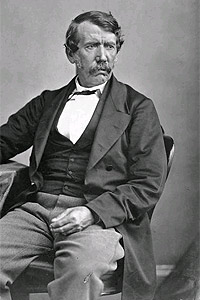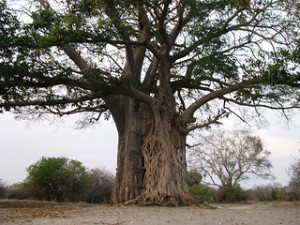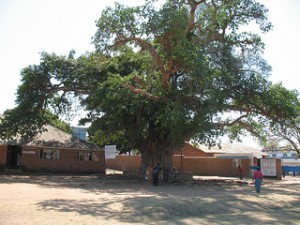His words and influence defending the dignity and freedom of man still cascade across the African landscape 200 years after his birth. His description and outcry freed a continent from the plague of slavery, and his question, in the form of a poignant declaration, still causes mission focused people to consider the definition of the word “sacrifice” when it comes to their work on the continent.

Say rather, it is a privilege!”
David Livingstone
Born in Scotland in 1813, Africa celebrates the 200th year since the birth of their most famous European visitor, missionary and explorer David Livingstone. As one traces the footsteps embedded in the history of time their course leads through what is today called Malawi, and what is today known as the Shire River.
This year the EMMS International (formerly the Edinburgh Medical Missionary Society) is celebrating the year with events as widespread as a Bicycle Mountain Tour from Monkey Bay on the shores of Lake Malawi, via the Liwonde National Park, Zomba and Blantyre to the slopes of Mount Mulanje in the south of Malawi. There are many events scheduled throughout the year to which can be located at the Livingstone200 website. Notable ceremonies including President Joyce Banda’s attendance at ceremonies at the Livingstone Center, the laying of a wreath at Livingstone’s grave at Westminster Abbey, and addressing the Scottish Parliament.

Livingstone is still honored in Malawi (and Zambia) for his determination in stopping the slave trade in Sub-Saharan Africa. Two significant trees stand to this day in Malawi that have significant historical interest. The first, located in the Liwonde National Park, marks the location where the exploration party lodged during his travels along the Shire River.

The second tree, still stands by the former slave trading center of Nkhotakota, on the banks of Lake Malawi. Under this tree, Livingstone, along with Commissioner Harry Johnston, negotiated a treaty with tribal chiefs that would bring to an end the slave trade in East Africa.
